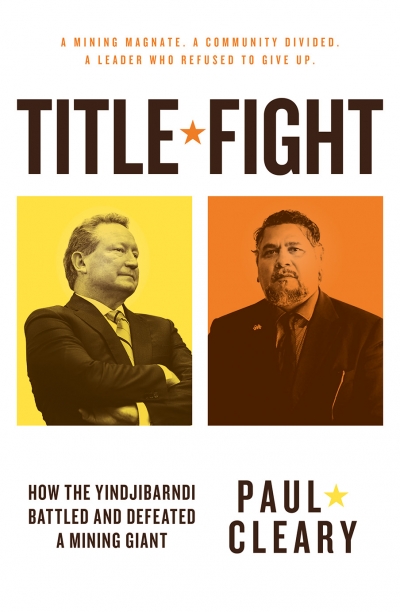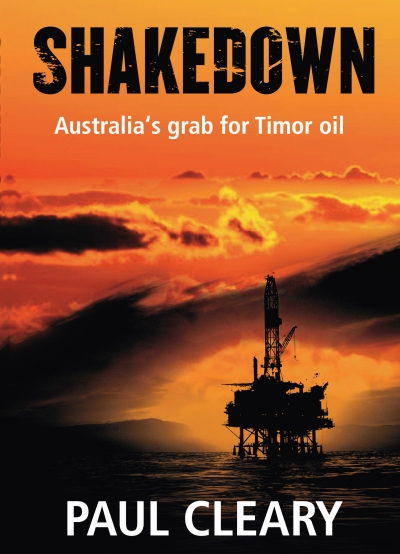Accessibility Tools
- Content scaling 100%
- Font size 100%
- Line height 100%
- Letter spacing 100%
Paul Cleary
The ABR Podcast
Released every Thursday, the ABR podcast features our finest reviews, poetry, fiction, interviews, and commentary.
Subscribe via iTunes, Stitcher, Google, or Spotify, or search for ‘The ABR Podcast’ on your favourite podcast app.
The red thread: Xi Jinping’s ideology of power
by Neil Thomas
This week on The ABR Podcast, Neil Thomas reviews On Xi Jinping: How Xi’s Marxist Nationalism is shaping China and the world by Kevin Rudd. Thomas explains that even China watchers find it hard to be clear on the thoughts and plans of the leader of the Chinese Communist Party. They disagree, he tells us, on basic, critical questions, such as for how long Xi will rule. ‘Enter Kevin Rudd’, Thomas writes. ‘In his latest book, former prime minister Kevin Rudd adds a worthy new chapter to his life of public service, digesting thousands of pages of “Xi Jinping Thought” so that you do not have to’. Neil Thomas is a Fellow on Chinese Politics at Asia Society Policy Institute’s Center for China Analysis in Washington DC. Here is Neil Thomas with 'The red thread: Xi Jinping's ideology of power' by Neil Thomas, published in the December issue of ABR.
Recent episodes:
In May 2020, the High Court reaffirmed the Federal Court’s 2017 ruling that the Yindjibarndi people of the Pilbara region in Western Australia held exclusive native title to land on which the Fortescue Metals Group (FMG) had opened its Solomon Hub iron ore mine. The court thus brought to a close FMG’s thirteen-year campaign to secure unfettered land access. In today’s episode of the ABR Podcast, Perth-based writer and anthropologist Stephen Bennetts reviews Paul Cleary’s Title Fight, which offers a meticulous account of the Yindjibarndi Aboriginal Corporation’s victory against Australia’s third-largest mining company. Yet, as Bennetts argues in his review, the Yindjibarndi victory is far from decisive given the ‘toothlessness’ of Australia’s heritage legislation. After almost a decade, state and federal governments have yet to ‘deliver the full promise of the 1992 Mabo judgment’.
... (read more)





